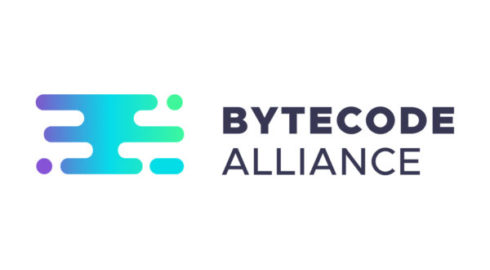
In an effort to make WebAssembly a cross-platform, cross-device computing runtime, Mozilla, Fastly, Intel and Red Hat have announced the Bytecode Alliance.
The new alliance is an open-source community that will focus on creating a runtime environment and associated language toolchains that provide security, efficiency and modularity across a wide range of devices and architectures. The alliance will build on existing standards such as WebAssembly and WebAssembly System Interface. The idea is to provide “a secure-by-default WebAssembly ecosystem for all platforms,” the alliance explained.
According to the alliance, the rise of cloud and IoT devices have developers running untrusted code in new places, which opens up new security concerns and portability issues. The Bytecode Alliance will provide a foundation for developers to confidently run untrusted code on any infrastructure, operating system and device.
“WebAssembly is changing the web, but we believe WebAssembly can play an even bigger role in the software ecosystem as it continues to expand beyond browsers. This is a unique moment in time at the dawn of a new technology, where we have the opportunity to fix what’s broken and build new, secure-by-default foundations for native development that are portable and scalable. But we need to take deliberate, cross-industry action to ensure this happens in the right way,” said Luke Wagner, distinguished engineer at Mozilla and co-creator of WebAssembly.
A number of open-source projects have been contributed to the alliance, including:
- Wasmtime, a runtime for WebAssembly and WASI
- Lucet, an ahead-of-time compiler and runtime for WebAssembly and WASI
- WebAssembly Micro Runtime, an interpreter-based WebAssembly runtime
- Cranelift, a cross-platform code generator.
“Intel is joining the Bytecode Alliance as a founding member to help extend WebAssembly’s performance and security benefits beyond the browser to a wide range of applications and servers. Bytecode Alliance technologies can help developers extend software using a wide selection of languages, building upon the full capabilities of leading-edge compute platforms,” said Mark Skarpness, vice president of Intel architecture, graphics and software.






